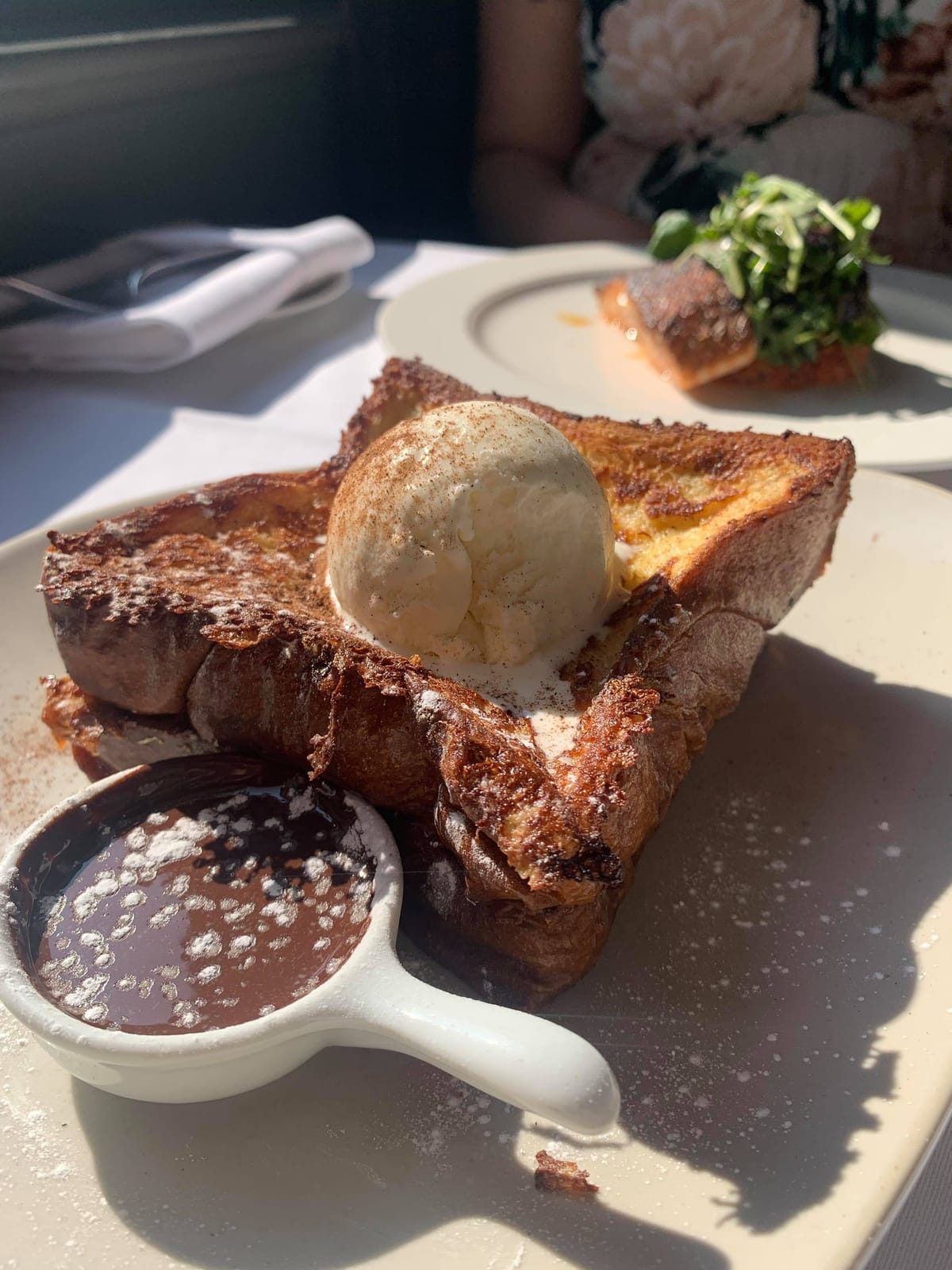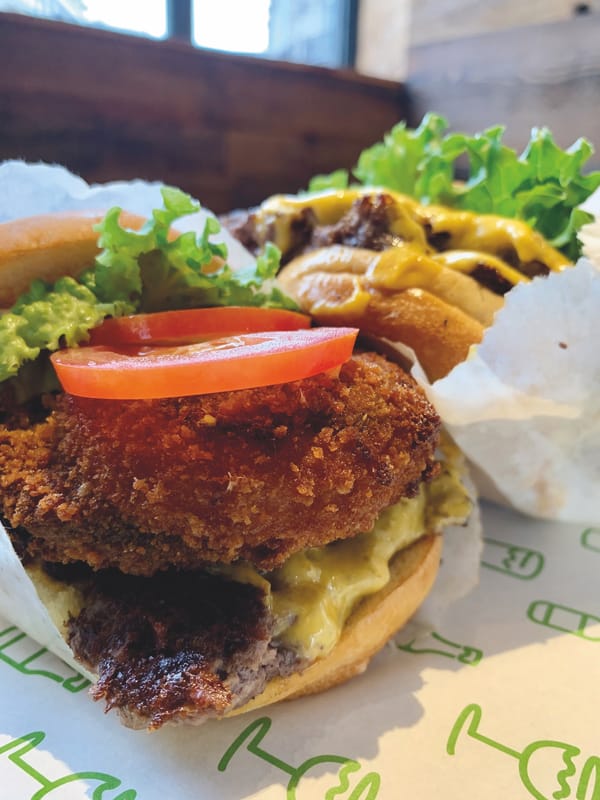How 2020 Changed The Way We Eat
So… 2020 sure did happen. Here is how food played into the socioeconomic changes we observed but first... look at my sourdough bread!

There is no doubt that things have been a tad different since the inclusion of a certain spiky microscopic individual into our lives. However, if there is one thing that people are capable of, it's adapting. This past year has been an anthropological gold mine in just what we do when faced with adversity in pursuit of the greater good and public safety, and one way that trends can be analysed is through our relationship with food.
One change that we have had to deal with is the loss of restaurants. Then getting them back better than ever with some extra savings on the side… until we lost them again. This cycle has been going for some time now that we are in our third lockdown. Getting takeout every night no longer makes you a lazy and incapable of taking care of yourself but rather a hometown hero, stimulating the local economy one pizza at a time. Local businesses have suffered the most in this situation and patronising their business now means more than ever.
Having all this time at home also allowed us to see just how much we learnt while watching Gordon Ramsey shout insults at cooks from our couches in Hell’s Kitchen. There has been an influx of sourdough starters and bread making on my feed as people all over the world perform the Instagram equivalent of “Do you think a person coping badly with lockdown would be able to make this? No!”. (If you couldn’t tell, I binged Parks and Recs several times during the many lockdowns) The increase in home cooking has definitely allowed us to better understand what we like and don't like in our food and discover the extent of our tastebuds.
When the serenity of domestic baking and the self-satisfaction of making dinner for the house start to wane, we all went to TikTok to get some inspiration. From whipped coffee to pancake cereal, there were many ways of spicing up your kitchen. In 2021, this is still the case as my feed is now filled with feta pasta and birria. Fad food is here to stay and is honestly a great addition to your recipe book, so I’m not mad at it. Enjoying the simple things in life is something we have all learned in this period.
Due to the increase in home cooking and overall panic sweeping the nation, supermarkets found themselves with deserted shelves. The shelf stable staples of a kitchen became precious commodities as people feared the virus would bring life to a halt completely. This caused a self-fulfilling cycle that, as always, hurt the poorest the most. Many weren’t able to panic buy as they could only afford to buy one weeks’ worth of food at a time, leaving them stuck with whatever hadn’t been backed away in a frenzy by those that could splurge more to ease their fears.
New business models had to be introduced for restaurants that once held their hospitality standards as their prized jewel. No longer could I see the smiling face of my favourite vendor at the local farmer’s market. No longer could I get a server to tell me what is nice on the menu today even though I know I will get what I get every visit. In adapting to the change, restaurants introduced meal kits that became a staple when your latest attempt at a homecooked meal didn’t go quite as planned. If you miss simply sitting in your best outfit and getting food brought to you, you’re in luck because you have… the messy work of making a meal that tastes not even close to as good as you remember while in your cramped university accommodation. I drag them, but they are a lot of fun and a great way to change things up with dummy-proof instructions. The most important thing is how vital this new income strategy was for restaurants. The leeway we have given restaurants during this period (Pizza Pilgrim said we don’t know when we’ll get these boxes to you but we will, we promise) shows that they mean more to us than just provide a service. We have supported them through this time, showing the symbiotic relationships that we have is a lot less parasitic than many of us thought.
Something resembling normality is on the horizon, and we have learnt a lot from this experience. Food has brought us together, shown our short fallings, highlighted our ability to innovate and made us realise that there is more to how we interact with restaurants than just business. The new normal should keep that in mind.








